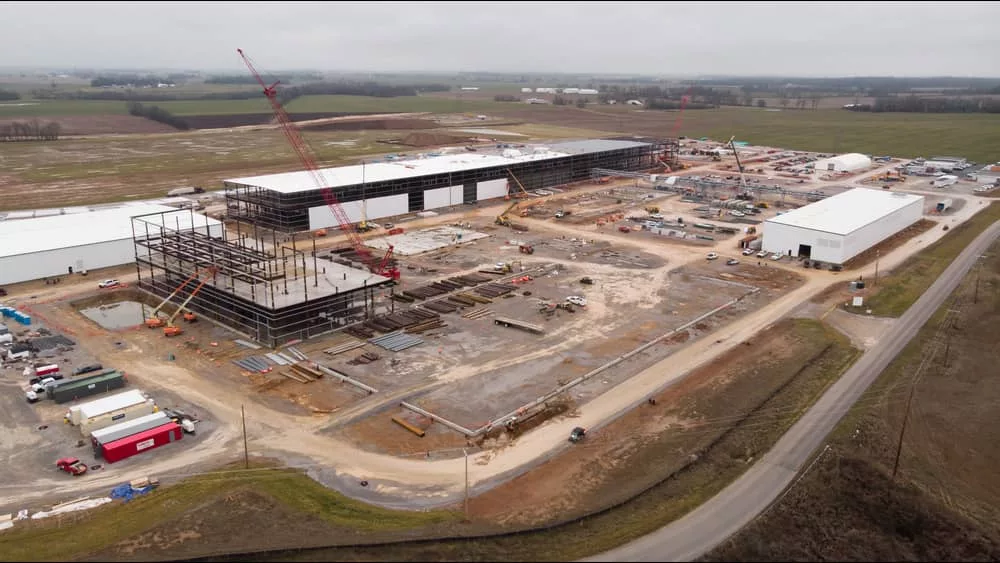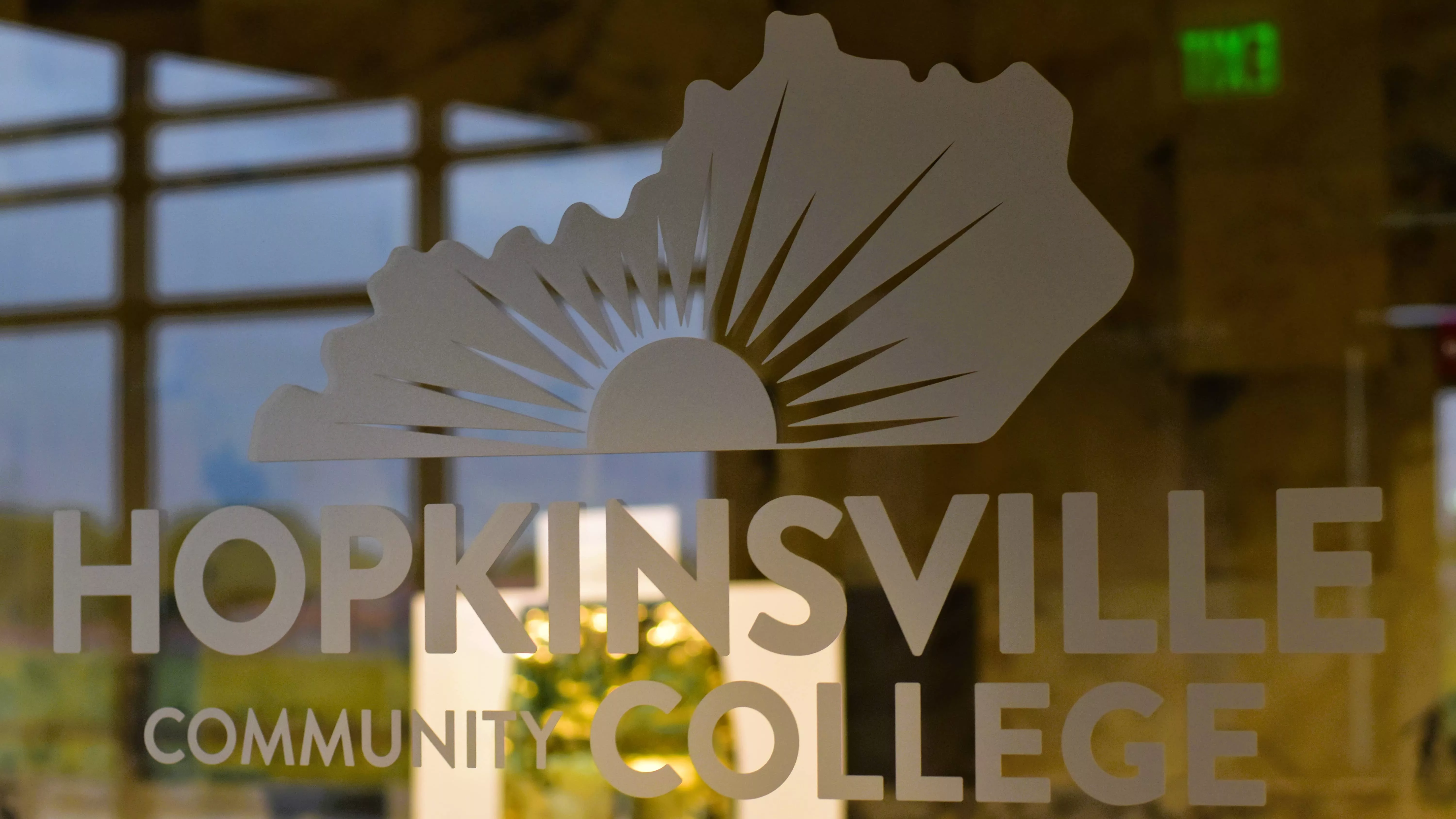
As part of the President Joe Biden and Vice President Kamala Harris administration’s “Investing in America” agenda, the U.S. Department of Energy (DOE) announced last week more than $3 billion for 25 selected projects across 14 states — in order to boost the domestic production of advanced batteries and battery materials nationwide.
Among those projects selected include the recovery and purification of graphite from recycled black mass at Ascend Elements in Hopkinsville, which is currently under construction at Commerce Park II.
Valued at more than $125 million, and part of the recycling supply chain, the company — alongside Orbia — will be building first-of-its-kind recycled graphite production facilities capable of converting the component residue from an existing lithium-ion battery.
Officials indicate the recycling of this cathode material will lead to high production and operation of battery-grade graphite with purity higher than 99.95%, and a lower carbon footprint than traditionally produced graphite.
Typically, graphite residue from recycling is sold for heat recovery — and at a very low value. Ascend Elements technologies, however, will further process and upcycle materials coming from Orbia’s planned facility in St. Gabriel, Louisiana, and later sold to domestic battery materials manufacturers for use as an active material.
Ascend Elements, as well as the Biden-Harris administration, believe this will “strengthen” the graphite domestic supply chain, and will further enable the industry to achieve sustainability.
This decision comes as US officials seek a viable circular economy, one independent of foreign sources, and where a single battery recycling facility can cleanly and efficiently recover 95% of graphite, 96% of lithium and more than 98% of cobalt, nickel, and manganese from black mass — before returning cathode, anode and other critical minerals back to the domestic supply chain.
Ascend Elements, along with Orbia, also remains committed to recruiting and retaining a high-quality workforce that includes young parents. As such, an affordable childcare initiative and transportation services will be offered in Christian County, while the Kentucky and Louisiana facilities both have plans to create a sustainable pipeline of local talent by partnering with school boards for middle- and high-school on-campus programs.





